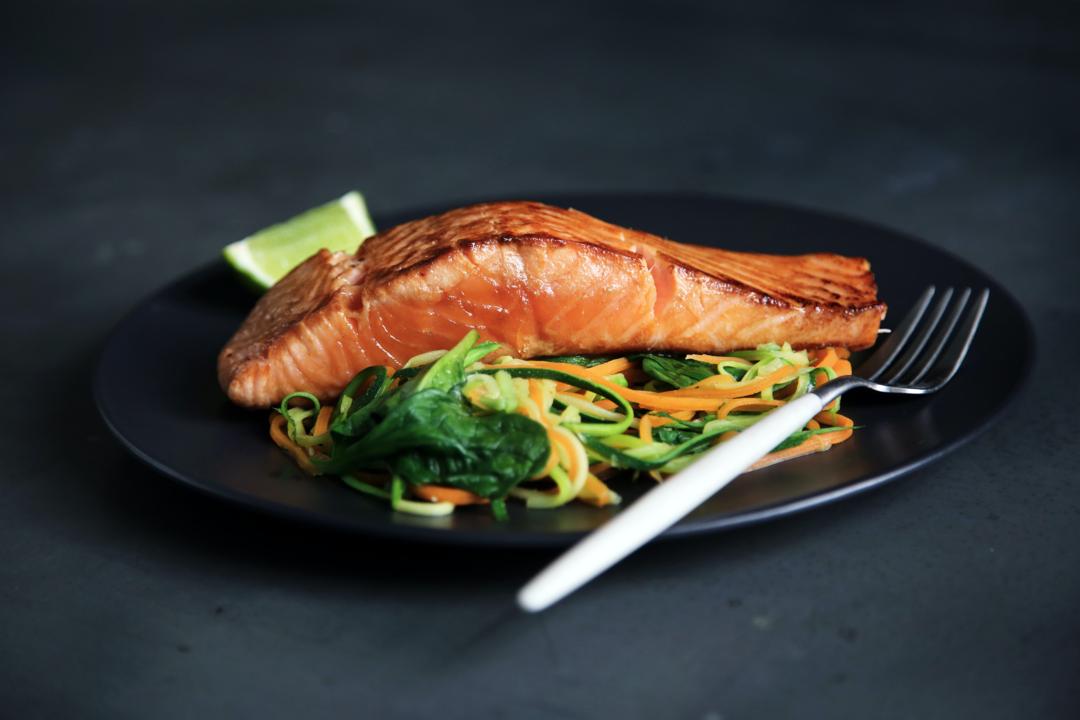The Anti-Inflammatory Diet: Foods That Fight Inflammation
Chronic inflammation can have a significant impact on our overall health and well-being. It has been linked to various chronic conditions, including heart disease, diabetes, and autoimmune disorders. While medication can help manage inflammation, adopting an anti-inflammatory diet can be a powerful tool in reducing inflammation and promoting better health.
In this article, we will explore the concept of an anti-inflammatory diet and provide practical advice for those suffering from chronic inflammation. We will discuss the foods to avoid and the foods that can help fight inflammation, along with tips for meal planning and lifestyle changes to support an anti-inflammatory lifestyle.
Understanding Inflammatory Foods
Inflammatory foods are those that can trigger inflammation in the body. By avoiding these foods, we can reduce the overall inflammatory response and promote healing. Some common pro-inflammatory foods to avoid include:
- Processed sugars and refined carbohydrates: These can cause a spike in blood sugar levels, leading to increased inflammation.
- Trans fats and fried foods: These unhealthy fats can contribute to inflammation and negatively impact heart health.
- Excessive alcohol consumption: Alcohol can disrupt the body’s natural inflammatory response and contribute to chronic inflammation.
Incorporating Anti-Inflammatory Foods into Your Diet
Anti-inflammatory foods, on the other hand, can help reduce inflammation and promote healing. Including these foods in your daily meals can have a positive impact on your overall health. Here are some examples of anti-inflammatory foods to include in your diet:
- Fatty fish: Rich in omega-3 fatty acids, fatty fish like salmon, mackerel, and sardines have been shown to reduce inflammation.
- Leafy greens: Vegetables like spinach, kale, and Swiss chard are packed with antioxidants and anti-inflammatory compounds.
- Berries: Blueberries, strawberries, and raspberries are rich in antioxidants that can help fight inflammation.
Meal Planning for an Anti-Inflammatory Diet
Creating a balanced and nutritious meal plan is essential for an anti-inflammatory diet. Here are some tips to help you get started:
- Focus on whole, unprocessed foods: Choose fresh fruits, vegetables, whole grains, and lean proteins.
- Include a variety of colors: Different colored fruits and vegetables offer a range of antioxidants and anti-inflammatory compounds.
- Experiment with herbs and spices: Turmeric, ginger, garlic, and cinnamon are known for their anti-inflammatory properties.
Here are some sample meal ideas and recipes using anti-inflammatory ingredients:
- Breakfast: Start your day with a bowl of oatmeal topped with berries and a sprinkle of cinnamon.
- Lunch: Enjoy a salad with mixed greens, grilled salmon, avocado, and a drizzle of olive oil and lemon juice.
- Dinner: Try a stir-fry with tofu, broccoli, bell peppers, and a ginger-turmeric sauce.
Lifestyle Changes to Support an Anti-Inflammatory Diet
In addition to dietary changes, certain lifestyle factors can also contribute to managing chronic inflammation. Here are some key considerations:
- Regular exercise: Engaging in physical activity can help reduce inflammation and improve overall health.
- Stress management: Chronic stress can contribute to inflammation, so finding healthy ways to manage stress is crucial.
- Quality sleep: Lack of sleep can increase inflammation, so prioritize getting enough restful sleep each night.
Additional Strategies for Managing Chronic Inflammation
While diet and lifestyle changes are essential, there are also complementary therapies that can support the management of chronic inflammation. It’s important to consult with a healthcare professional for personalized guidance. Some complementary therapies to consider include:
- Herbal remedies: Certain herbs, such as ginger and turmeric, have anti-inflammatory properties and can be incorporated into your daily routine.
- Supplements: Omega-3 fatty acids, probiotics, and vitamin D are among the supplements that may help reduce inflammation.
Take Control of Your Health with an Anti-Inflammatory Diet
In conclusion, adopting an anti-inflammatory diet can be a powerful tool in managing chronic inflammation. By avoiding pro-inflammatory foods and incorporating anti-inflammatory foods into your diet, you can reduce inflammation, promote healing, and improve your overall health and well-being. Remember to consult with a healthcare professional for personalized guidance and support on your journey to better health.
References:
